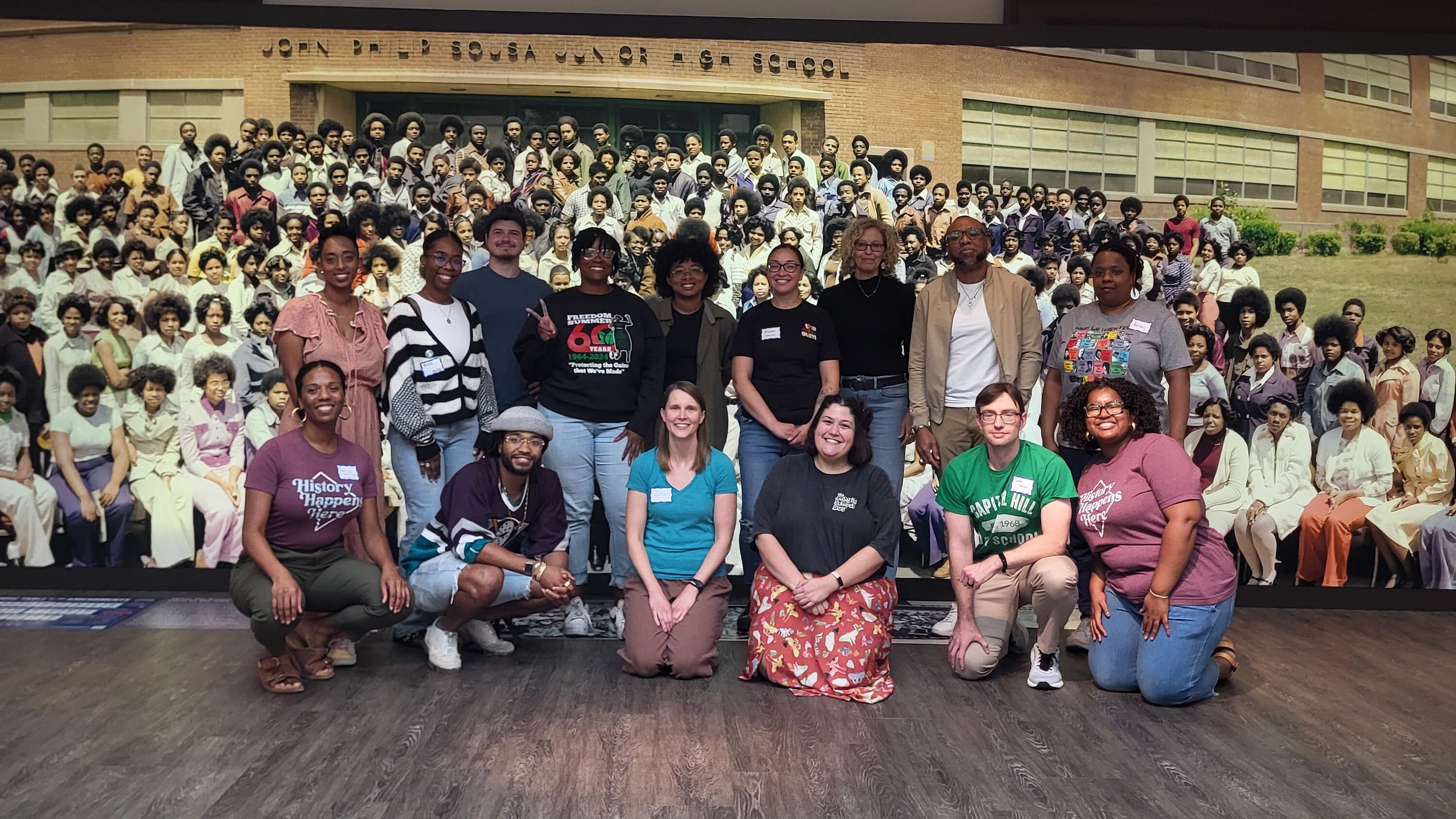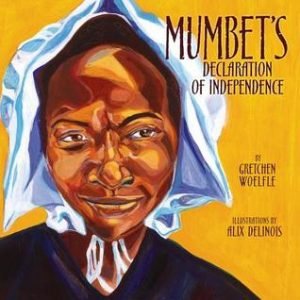Elementary Working Group
D.C. Area Educators for Social Justice coordinates a working group for D.C. area elementary (3rd-5th grade) educators. The Elementary working group brings together individual pedagogies to form a collective practice of learning and teaching. They co-create their shared language and definitions and build plans and take actionable steps to address injustice. They are cultivating a space for joyful, creative experiences as educators.
The goals of the working group are to:
Act as a space for collaboration and lesson planning
Facilitate a space for teachers to share best practice for social justice and anti-racist pedagogy
Create innovative projects that lead to publication and to action to address injustice
As of the 2025 - 2026 school year, all DCAESJ working groups meet quarterly, collectively engaging in themes of social justice education (visiting local history sites, developing lessons, and more). Breakouts by grade level allow deeper discussion and praxis alignment among peers.
If you are interested, please fill out the application. For more information, write to D.C. Area Educators for Social Justice.
Sessions
Many sessions are described below, starting with the most recent session and working back.

























